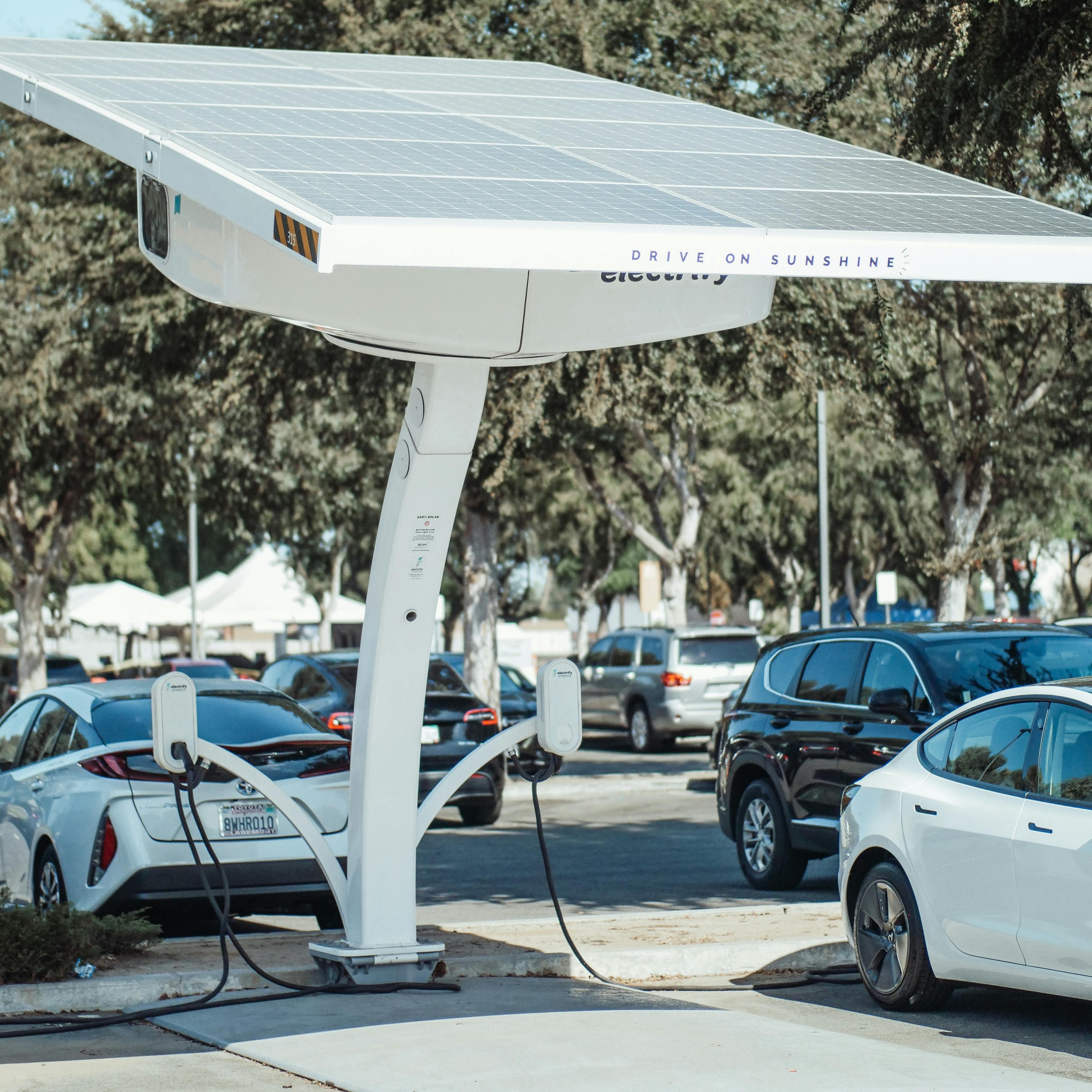Electric Vehicle Charging Tech: Powering Up the Future
Intro: As the world leans towards greener solutions, electric vehicles (EVs) are taking center stage. One aspect of this revolution that's often overlooked is the technology behind EV charging stations. Let's delve into the fascinating world of EV charging technology, its evolution, and the latest developments in this field.

A Journey Through Time: The Evolution of EV Charging Tech
In the early days of EVs, charging was a cumbersome process. Users had to physically remove the batteries from their vehicles and charge them using household electricity, a process that could take up to 10 hours. Fast forward to the 21st century, and we now have superchargers that can juice up an EV in as little as 15 minutes.
The Present Scenario: Faster, Smarter Charging
Today, charging stations are becoming increasingly smart and efficient. The latest models can adjust charging speed based on the vehicle’s battery status, time of day, and even the electricity rates. Moreover, the advent of DC fast charging has significantly reduced charging times, making EVs more practical for long-distance travel.
The Role of Wireless Power Transfer
Wireless Power Transfer (WPT) is a promising technology that could make charging as easy as parking your car. By using magnetic fields to transfer energy, WPT eliminates the need for cables and plugs, making the charging process seamless and convenient. While still in its early stages, this technology could revolutionize the way we charge our EVs.
The Future of EV Charging: Solar Charging Stations and More
Solar charging stations are an exciting development in the world of EV charging. These stations use solar panels to generate electricity, providing a truly green solution for EV charging. In addition, the idea of vehicle-to-grid (V2G) systems is gaining traction. This technology allows EVs to feed electricity back into the grid when not in use, turning them into mobile energy storage units.
Pricing and Market Impact
The cost of EV charging stations varies greatly, from $500 for a basic home charger to $50,000 for a commercial fast charger. As the technology advances and economies of scale kick in, prices are expected to drop. As for market impact, the growth of EV charging infrastructure is key to the wider adoption of EVs. With more efficient and convenient charging solutions, it’s likely that the EV market will continue to grow.
In conclusion, the world of EV charging tech is evolving rapidly, with innovations like WPT and solar charging stations promising to make EV charging easier and greener. As we race towards a sustainable future, it’s clear that this technology will play a crucial role in powering our journeys. So, next time you see an EV charging station, remember, it’s more than just a power source - it’s a gateway to the future.




